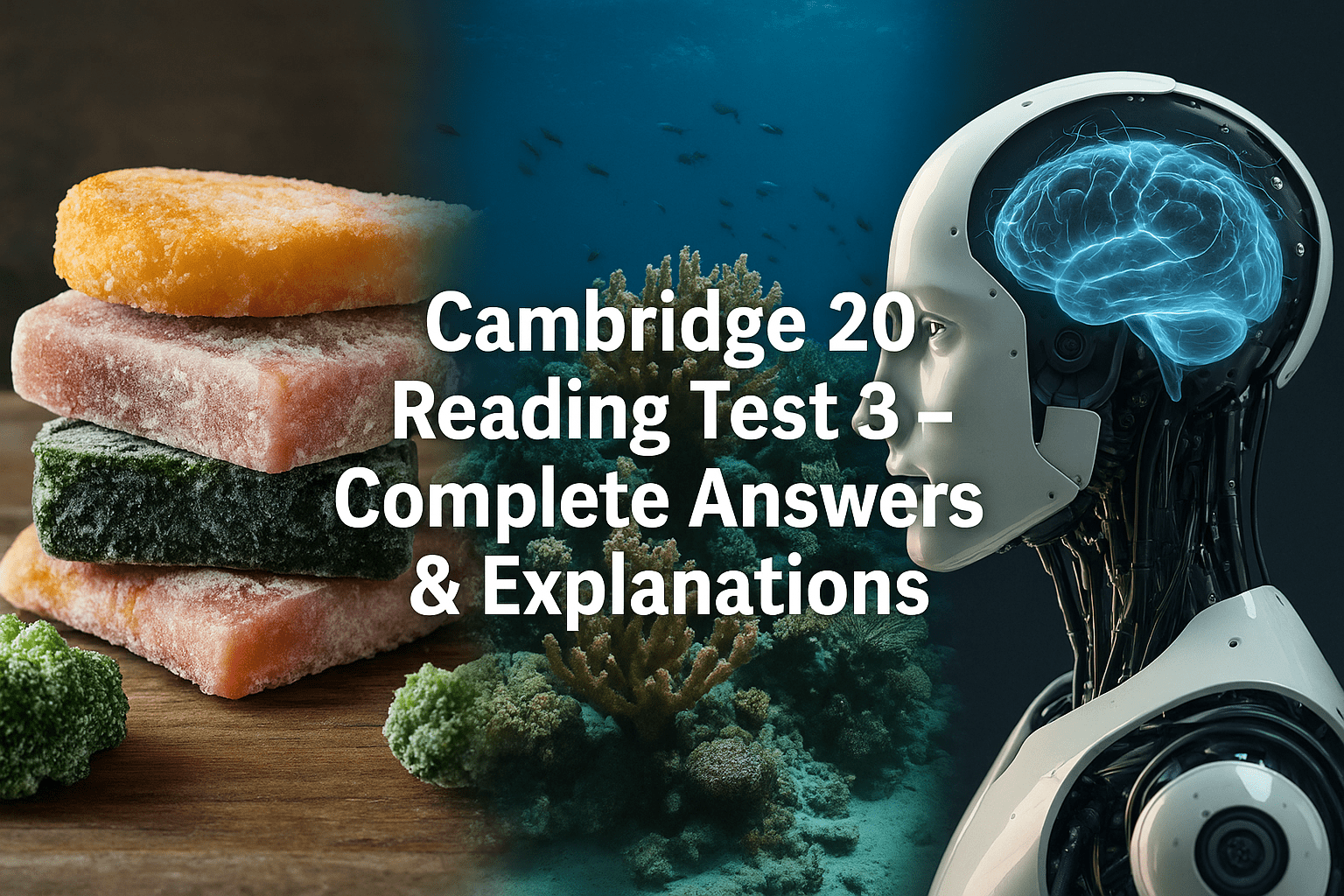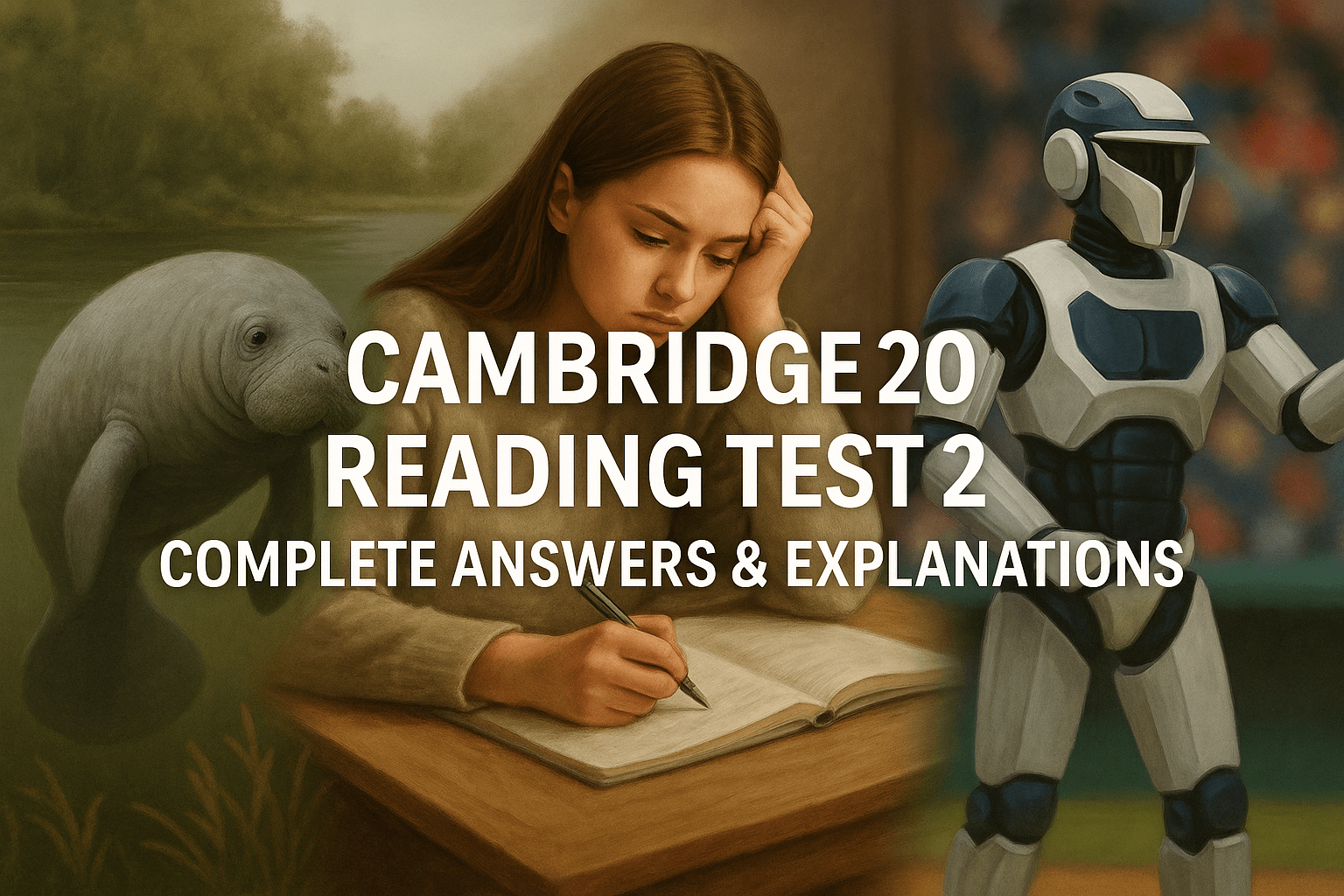- Reading Every Word Instead of Scanning
- Ignoring Keywords in the Questions
- Misunderstanding True/False/Not Given
- Spending Too Much Time on One Question
- Ignoring the Instructions
- Poor Time Management
- Copying Answers with Spelling Errors
- Ignoring Synonyms and Paraphrasing
- Leaving Answers Blank
- Not Reviewing Your Work
- Final Advice from an IELTS Teacher
- FAQs About IELTS Reading Mistakes
If you’re struggling to achieve your dream IELTS Reading score, you’re not alone. In my years of teaching students worldwide, I’ve noticed that most learners don’t fail because the reading passages are too hard — they fail because of common mistakes that keep lowering their scores. Today, I’ll share the top 10 mistakes my real students have made and how to avoid them, so you can move closer to your target band.
Reading Every Word Instead of Scanning
One of the first mistakes I notice in my classes is that students try to read the entire passage like a storybook. IELTS Reading is a test of speed and accuracy, not of reading every word.
Solution: Learn skimming and scanning techniques to quickly locate answers. If you need a full guide, I highly recommend our IELTS Reading Skills for Band 7–9 guide.
Ignoring Keywords in the Questions
Many learners focus only on the passage and forget that the answers are always hidden around keywords in the questions.
Solution: Highlight key nouns, numbers, and verbs in the question. These will guide you to the exact location in the text.
Misunderstanding True/False/Not Given
I see this mistake almost every week in my online classes. Students often confuse False with Not Given, which costs them valuable marks.
Solution: If the passage clearly says the opposite of the question, it’s False. If the passage does not give enough information, it’s Not Given. To master this, check our IELTS Reading Question Types Guide.
Spending Too Much Time on One Question
I once had a student in Dubai who always got stuck on just one tricky question. She often left 5–6 questions blank at the end!
Solution: If a question takes more than 60–90 seconds, move on and return later. Remember, every question carries the same mark.
Ignoring the Instructions
I often see students lose marks because they don’t follow simple instructions like “Write NO MORE THAN TWO WORDS.” Even if your answer is correct, it will be marked wrong.
Solution: Always read the word limit before answering. Highlight it if needed.
Poor Time Management
IELTS Reading gives you 60 minutes for 40 questions, and I’ve seen many learners finish only two sections in that time.
Solution: Practice timed reading tests and aim for 20 minutes per section. You can find official practice tests at British Council and IDP IELTS.
Copying Answers with Spelling Errors
This might sound simple, but I’ve seen excellent students lose bands because of a spelling mistake in the answer sheet.
Solution: Always double-check spelling when transferring answers. Even one wrong letter can lower your IELTS Reading score.
Ignoring Synonyms and Paraphrasing
IELTS rarely uses the exact same words in the passage and the question. Students who don’t recognize paraphrases often miss easy answers.
Solution: Build your IELTS Reading vocabulary and understand how words are rephrased. My Reading Vocabulary for Band 7–9 guide is a great starting point.
Leaving Answers Blank
Some students panic and leave answers blank, hoping to come back — but the clock runs out.
Solution: Always make an educated guess. There’s no negative marking in IELTS Reading.
Not Reviewing Your Work
Finally, I often see students put down their pencil after question 40 without reviewing. This is a lost opportunity to correct careless mistakes.
Solution: Save 2–3 minutes to check spelling, word limits, and skipped questions.
Final Advice from an IELTS Teacher
Avoiding these 10 mistakes can dramatically improve your IELTS Reading score. Focus on time management, smart scanning, and understanding question types. And if you want a complete roadmap to improving your band, check out my detailed guide on IELTS Reading Band Scores and Strategies.
Also, don’t forget to explore official resources like IELTS.org for the latest updates and test information.
FAQs About IELTS Reading Mistakes
Q1: Can one spelling mistake lower my entire IELTS Reading band score?
Yes, each wrong spelling is marked incorrect. Even one letter can cost you a mark.
Q2: Is it okay to guess answers in IELTS Reading?
Absolutely. There’s no negative marking, so guessing is always better than leaving a blank.
Q3: How can I improve my speed without losing accuracy?
Use skimming and scanning techniques and practice with a timer. Over time, your speed will naturally increase.
Q4: How can I avoid confusing True/False/Not Given questions?
Understand the logic:
- True = matches the passage
- False = opposite of the passage
- Not Given = no clear information provided
Q5: Where can I find reliable IELTS Reading practice tests?
You can practice with authentic tests at British Council, IDP IELTS, and IELTS.org.





